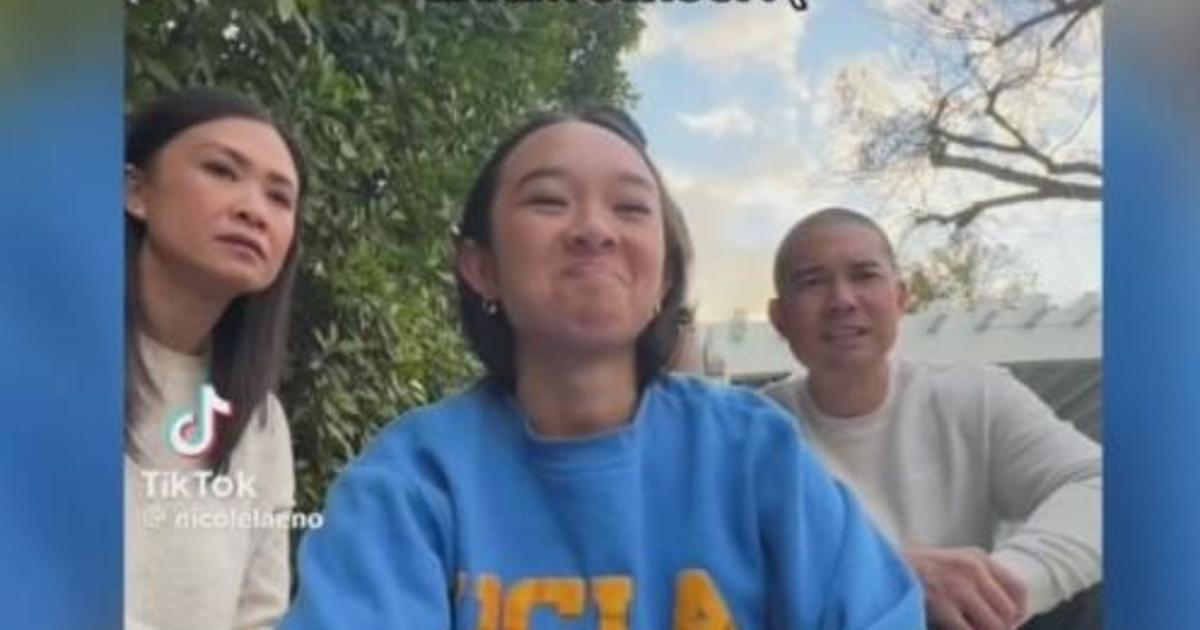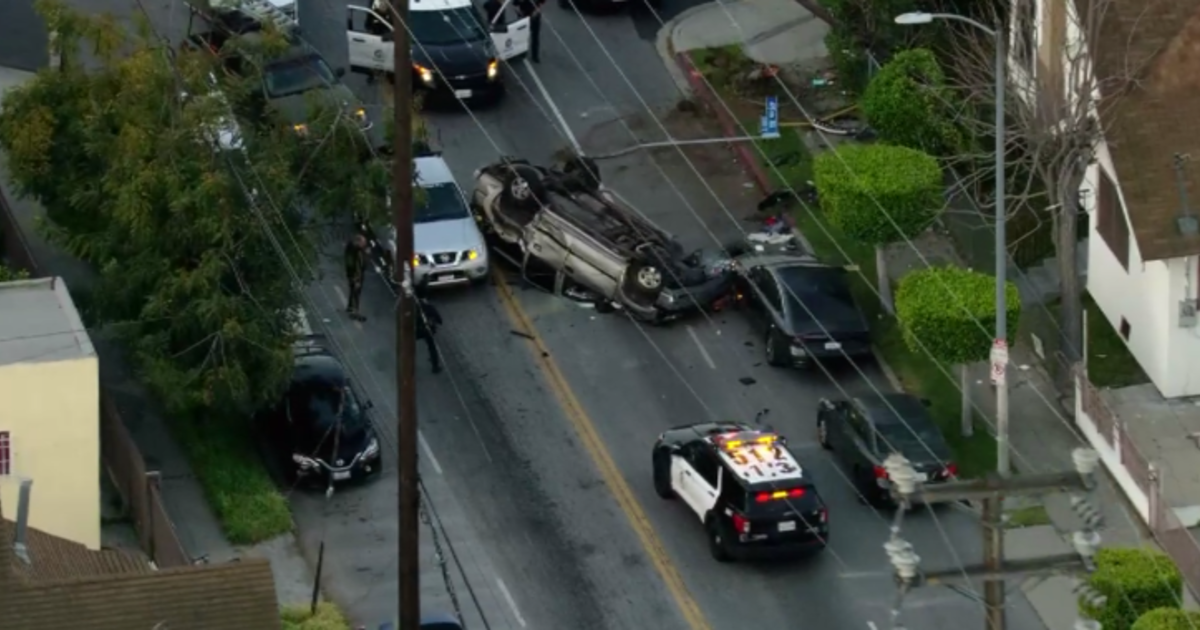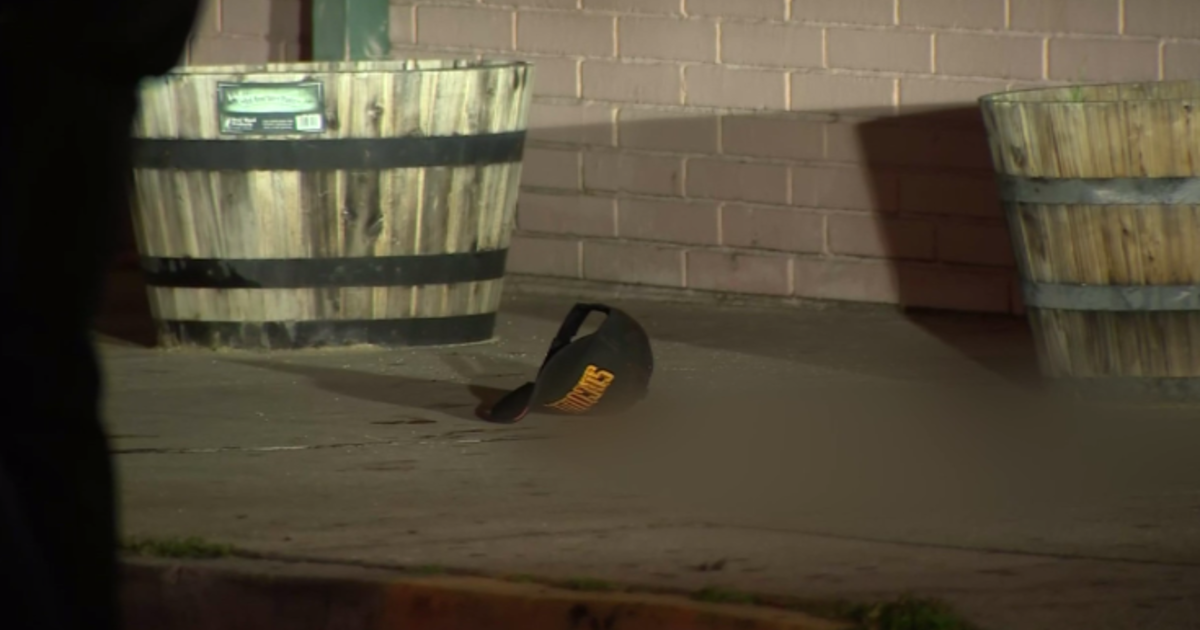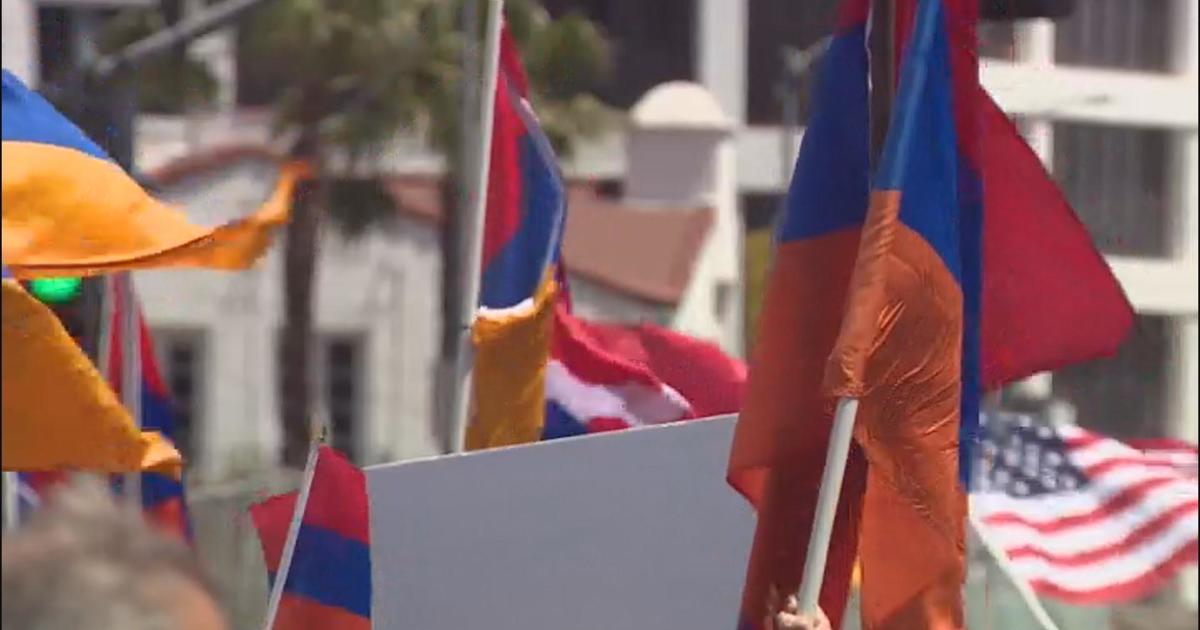Miguel Diaz-Canel Replaces Raul Castro As President Of Cuba
HAVANA (CBS News/AP) – A 57-year-old bureaucrat replaced Raul Castro as the president of Cuba on Thursday, launching a new political era as a government led by a single family for six decades tries to ensure the long-term survival of one of the world's last communist states.
The National Assembly announced that Miguel Mario Diaz-Canel Bermudez had been approved as the sole candidate for president.
In the nationally televised speech, Diaz-Canel said that his first thoughts upon taking office are for the "historic generation" that has led the country since the triumph of the Cuban Revolution in 1959.
Diaz-Canel said the country's leadership cannot forget "for a second" its commitment to the people of Cuba.
The 86-year-old Castro will remain head of the Communist Party, which is designated by the constitution as "the superior guiding force of society and the state." As a result, he will still be the most powerful person in Cuba for the time being.
Castro's departure from the presidency is nonetheless a symbolically charged moment for a country that has been under the absolute rule of one family since the revolution — first by revolutionary leader Fidel Castro and, for the last decade, his younger brother.
CBS News correspondent Manuel Bojorquez reports from Havana that many on the island do not necessarily foresee any drastic changes, and there are some in the younger generation that were hopeful of some expansion of limited economic reforms and more opportunities. They don't necessarily see it happening this time around although there are some that remain hopeful.
In the U.S., Cuban exiles and Cuban-American leaders see this as not a true election at all, Bojorquez reports. They see it as a mere passing of the torch from one dictator to another with practically no chances of improving relations between the United States and Cuba.
Facing biological reality but still active and apparently healthy, Raul Castro is stepping down as president in an effort to guarantee that new leaders can maintain the government's grip on power in the face of economic stagnation, an aging population and increasing disenchantment among younger generations.
"I like sticking with the ideas of President Fidel Castro because he did a lot for the people of Cuba, but we need rejuvenation, above all in the economy," said Melissa Mederos, a 21-year-old schoolteacher. "Diaz-Canel needs to work hard on the economy, because people need to live a little better."
Most Cubans know their first vice president as an uncharismatic figure who until recently maintained a public profile so low it was virtually nonexistent. That image changed slightly this year as state media placed an increasing spotlight on Diaz-Canel's public appearances, including remarks to the press last month that included his promise to make Cuba's government more responsive to its people.
"We're building a relationship between the government and the people here," he said then after casting a ballot for members of the National Assembly. "The lives of those who will be elected have to be focused on relating to the people, listening to the people, investigating their problems and encouraging debate."
Diaz-Canel gained prominence in central Villa Clara province as the top Communist Party official, a post equivalent to governor. There, people described him as a hard-working, modest-living technocrat dedicated to improving public services. He became higher education minister in 2009 before moving into the vice presidency.
In a video of a Communist Party meeting that inexplicably leaked to the public last year, Diaz-Canel expressed a series of orthodox positions that included somberly pledging to shutter some independent media and labeling some European embassies as outposts of foreign subversion.
But he has also defended academics and bloggers who became targets of hardliners, leading some to describe him as a potential advocate for greater openness in a system intolerant of virtually any criticism or dissent. International observers and Cubans alike will be scrutinizing every move he makes after he officially takes office on Thursday.
Two years after taking over from his ailing brother in 2006, Castro launched a series of reforms that expanded Cuba's private sector to nearly 600,000 people and allowed citizens greater freedom to travel and access to information.
He has failed to fix the generally unproductive and highly subsidized state-run businesses that, along with a Soviet-model bureaucracy, employ three of every four Cubans. State salaries average $30 a month, leaving workers struggling to feed their families, and often dependent on corruption or remittances from relatives overseas.
Castro's moves to open the economy have largely been frozen or reversed as soon as they began to generate conspicuous shows of wealth by the new entrepreneurial class in a country officially dedicated to equality among its citizens.
"I don't want to see a capitalist system, hopefully that doesn't come here, but we have to fix the economy," said Roberto Sanchez, a 41-year-old construction worker. "I'd like to have more opportunity, to buy a car, and have a few possessions."
As in Cuba's legislative elections, all of the leaders selected Wednesday were selected by a government-appointed commission. Ballots offer only the option of approval or disapproval and candidates generally receive more than 95 percent of the votes in their favor.
The Candidacy Commission also nominated another six vice presidents of the Council of State, Cuba's highest government body. Only one, 85-year-old Ramiro Valdez, was among the revolutionaries who fought with the Castros in the late 1950s in the eastern Sierra Maestra mountains.
Fidel Castro was prime minister and president from 1959 until he fell ill in 2006. Although Osvaldo Dorticos was president of Cuba during Fidel Castro's time as prime minister, he was considered a figurehead beside the man who led Cuba's revolution, forged its single-party socialist system and ruled by fiat.
© 2018 CBS Interactive Inc. All Rights Reserved. This material may not be published, broadcast, rewritten, or redistributed. The Associated Press contributed to this report.



